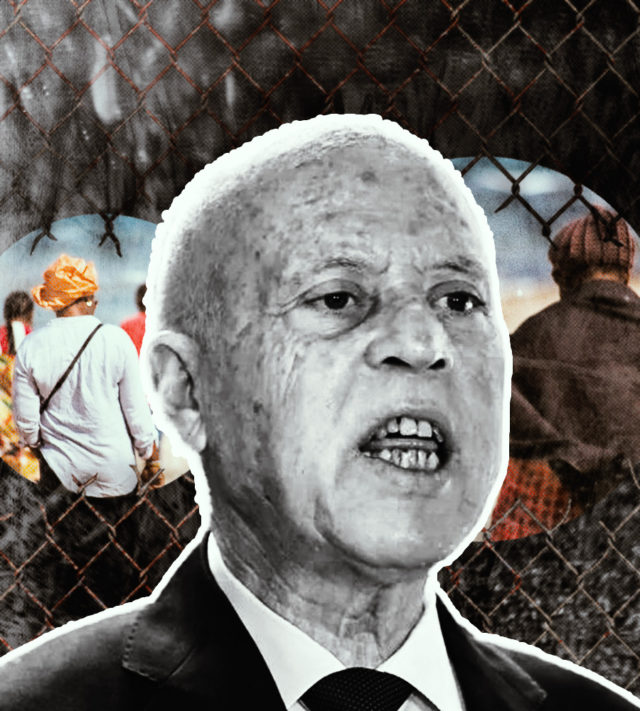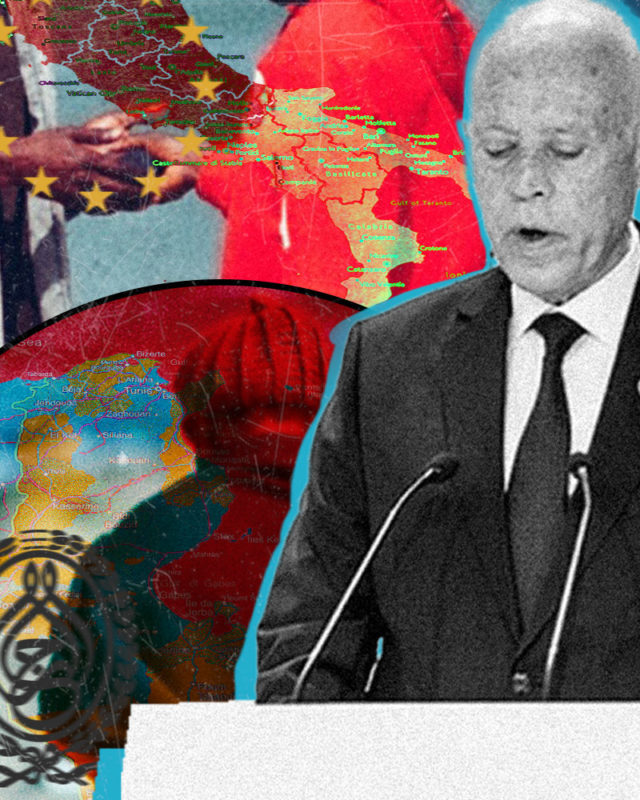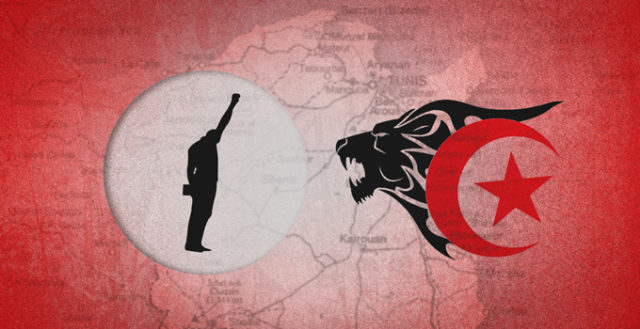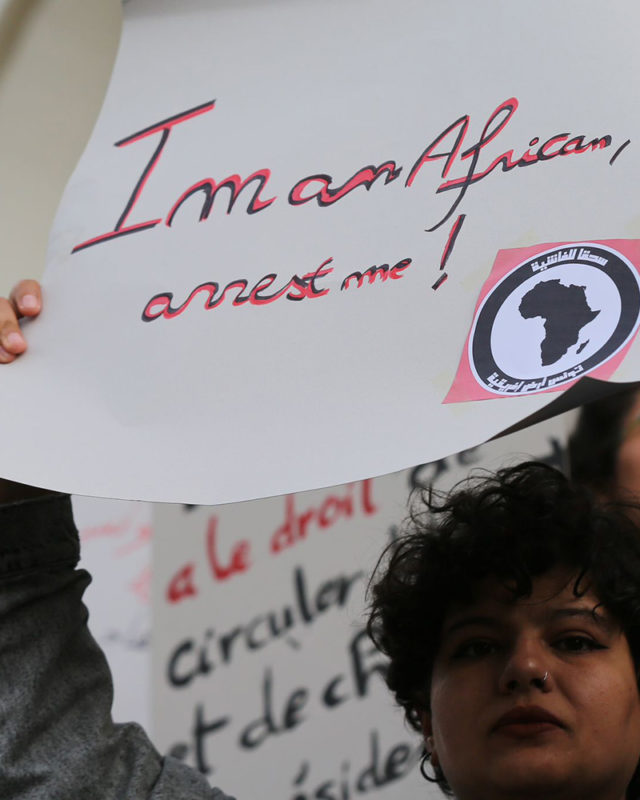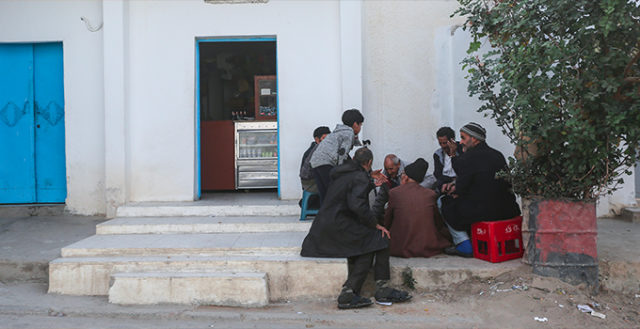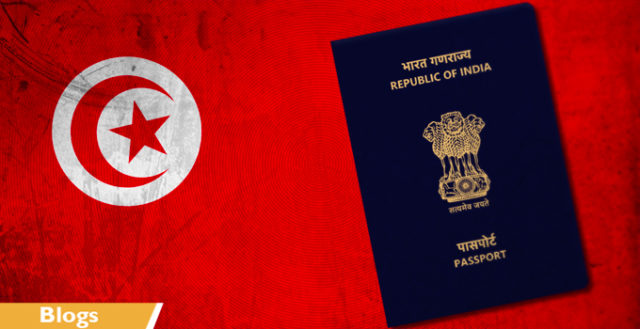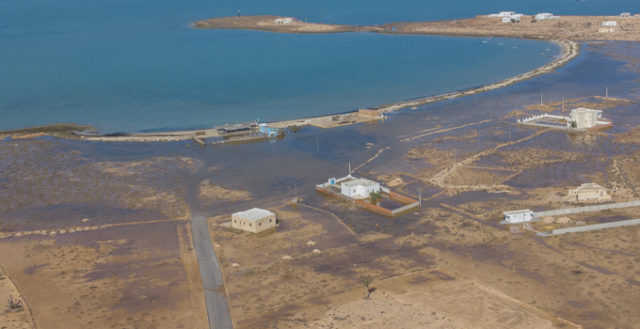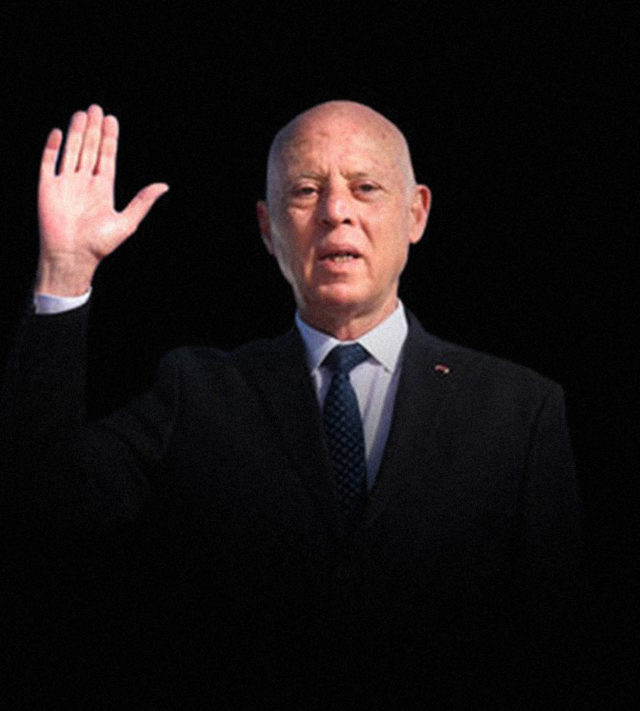Tunisia’s president has accused civil society of fomenting the country’s colonization by undocumented migrants from sub-Saharan Africa. Kais Saied denounces those who wish to « change the demographic composition » of Tunisia, evoking their « violence and criminality ». His proof? Contacted by Nawaat, the Interior Ministry affirmed that it does not have statistics regarding the number of migrants implicated in criminal activities. A glimpse at the facts exposes the president’s xenophobic fiction for what it is.
